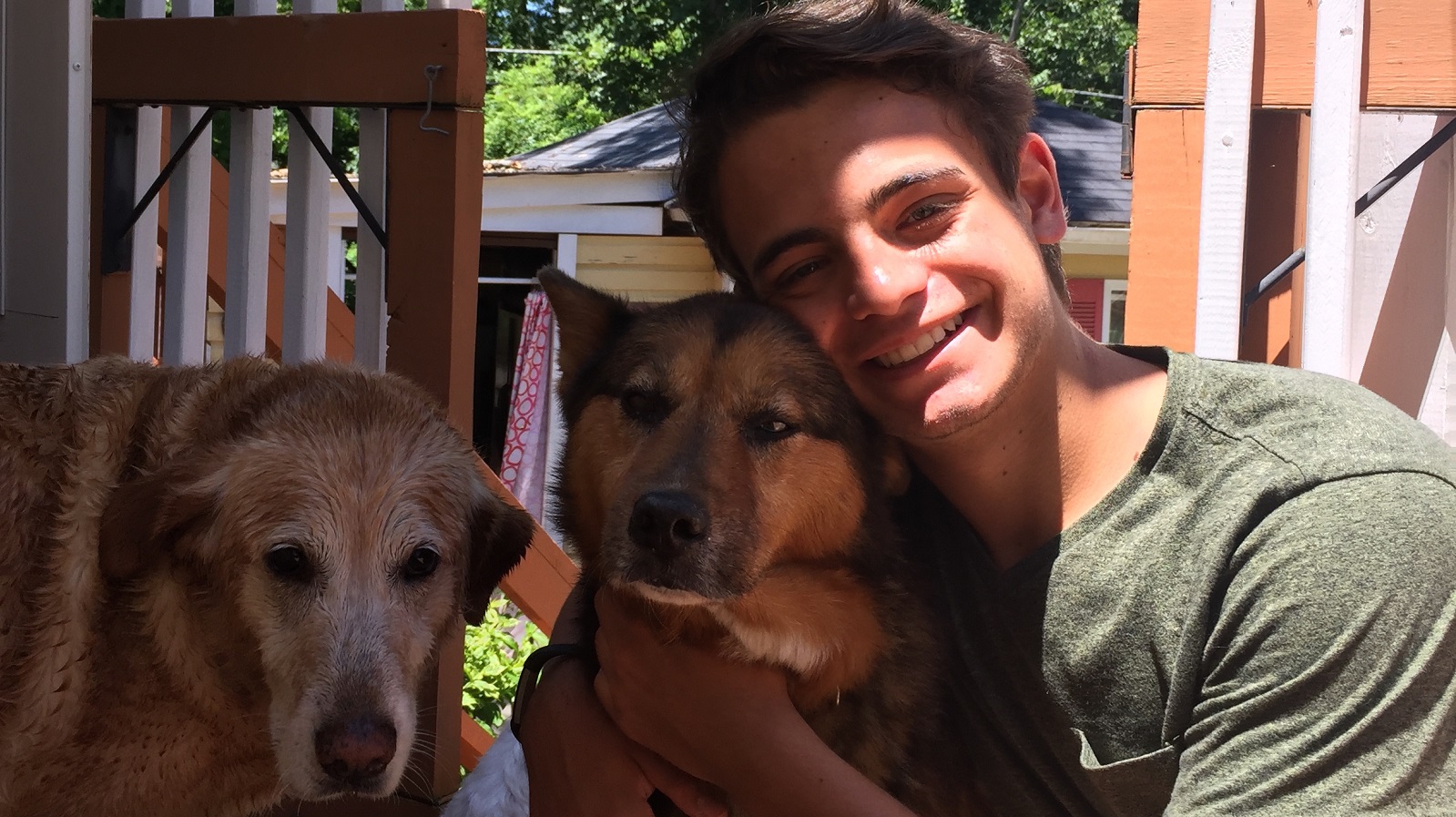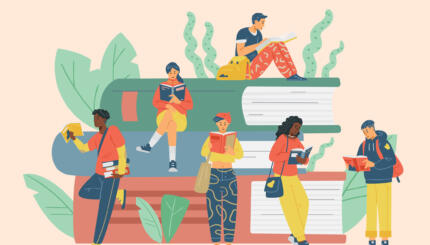No one loves rejection. Rejection is one of those things in life that is hard for everyone, no matter if you’re an adult, a teen, or a child. It hurts. It especially hurts if it involves something you’ve wanted for a long time. The thing is, however, rejection is quite common–and can push us to dig deeper into our insecurities and goals, allowing us to find ways to not only achieve our aspirations in other ways, but find our identities.
This is why Michael Joseph, a teen who recently graduated from high school and started his first semester of college, wrote about why we should normalize rejections. He initially posted his college rejection letters on Facebook–which have inspired others to open up about their own rejections, college or not. We were able to speak with him about why he did this, and how it has helped him.
What was one of the most difficult things you experienced during high school?
“Going into senior year, the most difficult thing for me was trying to take a class at a local community college as a way to challenge myself beyond what my school offered me. I wanted to do this, despite the fact that my test scores were not high enough. I ended up having to schedule a meeting with the director of the community college to present my case: Test scores should not hold somebody back who wants to challenge themselves. I ended up finding out that it’s a law and requirement to have a certain score to take certain classes, however. Despite that, though, proving to myself that I stood up for what I believe, and was able to speak with the president of the community college, was helpful to me.
Where would you ideally like to see yourself in 1 year, 5 years, 10 years?
“In one year, I’d like to be going into my sophomore year of college. In five years, I would like to be preparing for law school. In 10 years, I’d love to be making use of my law and undergrad degrees to make a positive difference in the world—advocating for people with disabilities. My passion is to work with people with disabilities, because it will not only be a good challenge, but allow me to make a positive difference.”
If you could be anyone or anything, for just one day, what would you be?
“I would totally be Joe Biden or somebody on Joe Biden’s staff, because Joe Biden is one of my role models and heroes. He is a very smart guy who also knows how to have fun.”
What do you do to help deal with rejection?
“Just looking at the bigger picture and realizing how rejections are going to test the kind of person you are ultimately. In the grand scheme of life, it’s going to make you a stronger and better person—and will make other situations seem less bad.”
Why did you decide to share your college rejection letters on Facebook?
“I didn’t put a lot of thought into it. Everyone I knew was already posting about where they were accepted and how happy they were. I wasn’t trying to make myself feel better, because I knew I was accepted to the kind of schools I wanted to be at instead. So, I wanted to make the case that rejections are normal. It should be a norm. It’s not. I don’t think it’s a norm that people talk about or people WANT to talk about.”
Were there a series of events that made you want to share your rejection letters?
“Scrolling through social media pictures and announcements showing acceptance letters–and people being devastated if they got a rejection letter.”
What do you hope people get out of this?
“Just to begin the conversation of rejection, in general, so that people can see how it’s normal and it’s completely OK. There is no shame in getting rejected.”
What TV shows have you binged watched?
“The Office and Parks and Rec are definitely shows I can binge watch over and over again without feeling any regret at all.”
Who are you in one sentence?
“Dog lover, bagel expert, with a passion for making a positive difference in the world.”
Biggest pet peeve?
“When somebody allows emotions to take over and the argument becomes based off emotions and not facts.”
Plans for college? How did you choose the “right” school?
“I am going to Appalachian State University in Boone Carolina. I will be majoring in special education. I chose an out-of-state college, because the town, Boone, has been my family vacation spot for the last four years—and every time I visit, it seems to call my name. It always seemed like the right place. Also, my admissions counselor went out of his way to be friendly and helpful, which meant a lot to me; the community itself is very welcoming and it always gives off a positive vibe, one where I should be, because these are my people.”
What’s your favorite social media app, why?
“I am not going to sound like a millennial, but Facebook, as it allows you to have so many different perspectives, as you can view multiple news sources all on the same spot and see how your friends reacted to certain things. In this way, it allows you to gain a better perspective because you can see information through others’ lenses.”
Childhood goal:
“Own a restaurant with really good food.”






